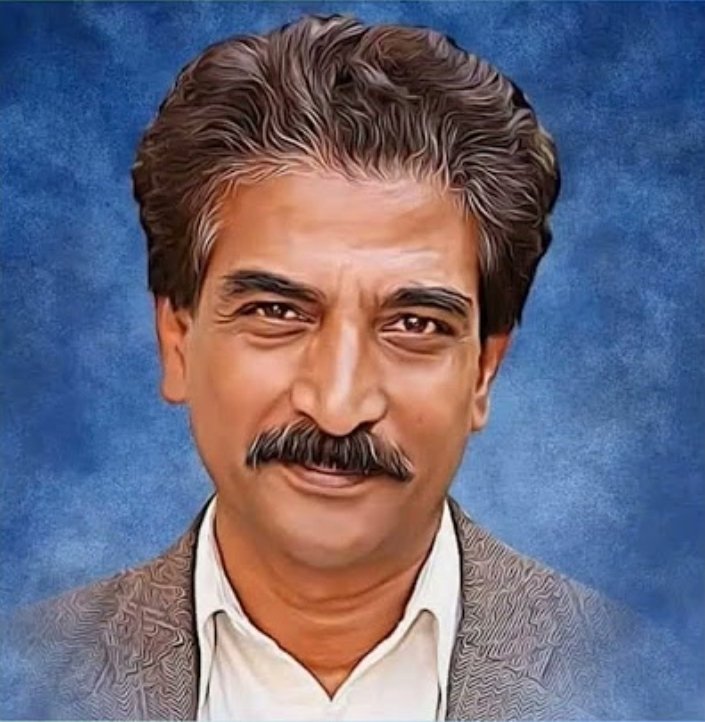
punnu - پُنّوں
@punnu__khan
a drunkard from the taverns | a devotee of qawwali, classical & folk music | studied politics at GCU '19
ID: 970603147864535040
05-03-2018 10:13:18
11,11K Tweet
14,14K Takipçi
230 Takip Edilen





بیڑی پور دی ترنجن دیاں کُڑیاں سبب نال ہون اکٹھیاں Nazir Noshahi unfurls a quintessential Pahadi taan in a qawwali performance somewhere in the mid-80s cc: Nouman Warraich, PhD


















